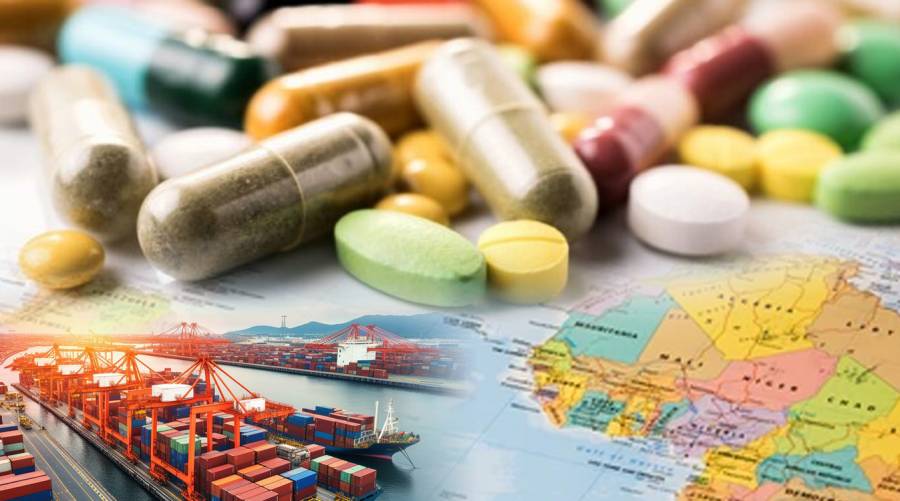Pakistan pharmaceutical exports are on the rise, drawing global attention as the sector gains strength with government support. The Special Investment Facilitation Council (SIFC) has played a vital role in boosting confidence and encouraging international investment.
Global consumer health leader Haleon has announced a $12 million investment in Pakistan. The funds will expand local production facilities, especially for Panadol, to meet the growing demand in the domestic market. This investment reflects the rising importance of Pakistan in the global pharmaceutical supply chain.
In the current financial year, Pakistan pharmaceutical exports touched $457 million. The progress is linked directly to the initiatives introduced by the SIFC. Data further shows that exports of therapeutic goods, including medicines, surgical instruments, dietary supplements, and medical devices, climbed to a record $909 million.
Industry experts from the Pakistan Pharma Manufacturers Association (PPMA) confirm that exports grew by 34% during the fiscal year. They credit this growth to the government’s rational pricing policy. The deregulation process has also aligned Pakistan’s pharmaceutical practices with international benchmarks, opening the door to more investment and expanded production.
Key markets for Pakistani medicines include Afghanistan, Sri Lanka, the Philippines, Uzbekistan, and Iraq. At the same time, potential new opportunities are emerging in Kenya, Myanmar, Vietnam, and Thailand. Analysts believe these regions could prove to be lucrative in the coming years.
Looking ahead, experts predict that Pakistan pharmaceutical exports could reach $1.5 billion by 2030. The momentum is fueled by rising demand, international investment, and a more competitive domestic industry. With strong backing from SIFC and steady reforms, the country’s pharmaceutical sector is positioning itself as a major global supplier.


